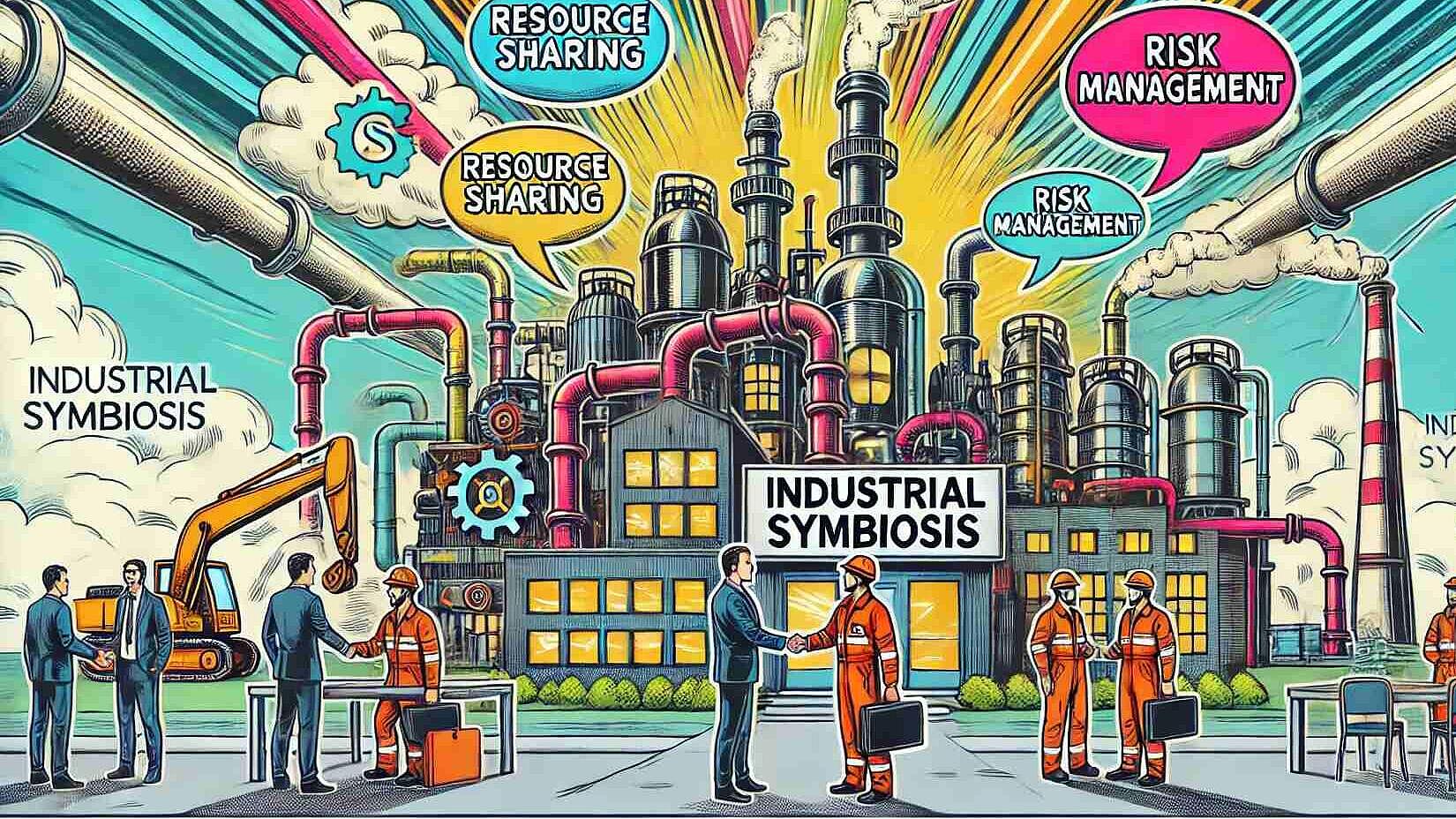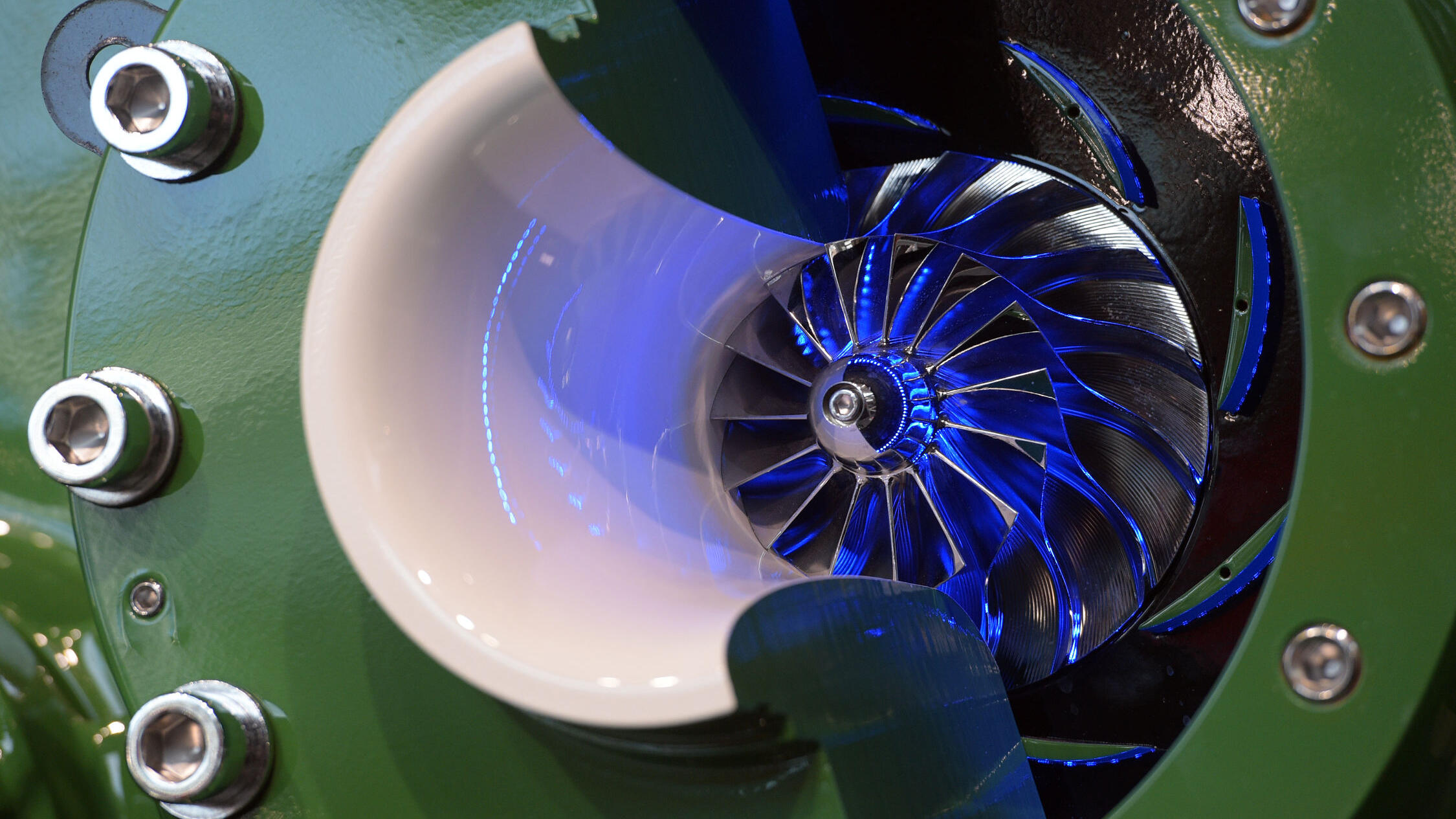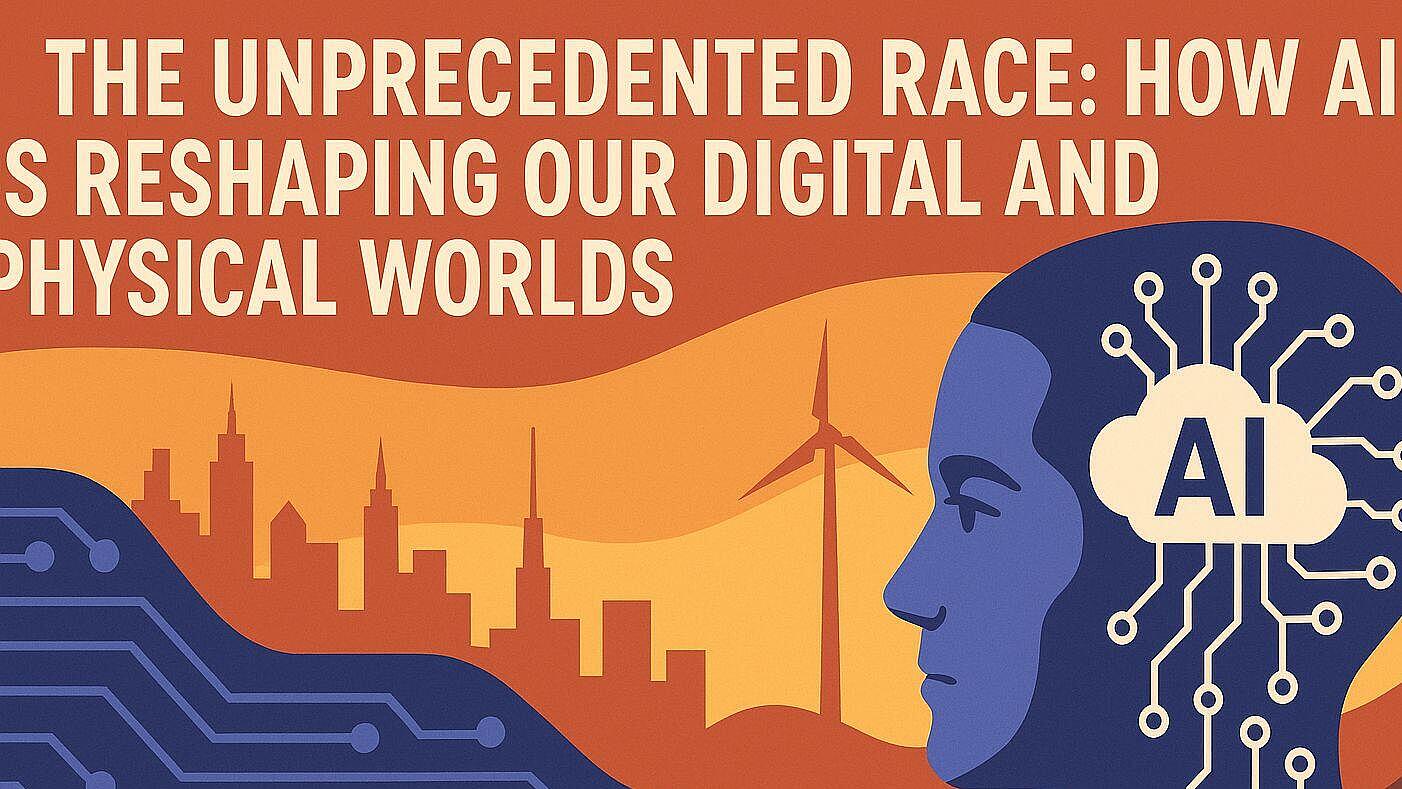 Search Result
Search ResultCracking Open Energy Efficiency This Easter!
Why you might want to read this article? Because there are some facts you might not be aware off? Well, maybe. But even more important… …on Monday, 14th April, we start an Easter promotion on our…
Read Full articleBuilding Lasting Symbiotic Relationships: Business Agreements in Industrial Symbiosis
The following article is a summary of the report “Reference documents, good practices and templates to sustain legal environments for IS-casesdelivered by the EU project CORALIS. And it is also a…
Read Full articleHeatpumps - an overlooked opportunity?
Recover energy, don’t waste it! What do a Norwegian fjord, a Belgian brewery, a Danish dairy plant, a Finnish data center, a German office building, and a French sports center (and many more) have in…
Read Full articleMapping energy use for a fossil fuel-free Europe
Heat Roadmap Europe provides the data that engineers need to decarbonise heating and cooling systems. Meet the project that has inspired EMB3Rs and is redesigning our energy sector. When Danish Prime…
Read Full articleReport: Solar Installations to spike 14% in 2020
Global solar installations will continue double-digit growth rates into the new decade, according to the new 2020 Global Photovoltaic (PV) Demand Forecast by IHS Markit. New annual installations in…
Read Full articleCompressed air - Hannover Messe 2017 follow up
Compressed-Air-and-Heat-System As a partner of leading global industry fair Hannover Messe, we are always spending a few days at the fair to "scout" some relevant technology and service solutions.…
Read Full article45% TCO – industrial pumps fight for efficiency
Why Fighting? Because energy costs represent up to 45 percent of Total Cost of Ownership for industrial pumps! [Source: World Pumps Journal] That said, the main lever for companies to get a good…
Read Full articleBarriers to Data Collection in Industrial Energy Audits
An energy audit is one of the most efficient tools for industries to achieve a better understanding of the energy flows within the plant, to benchmark consumptions with reference values for the sector…
Read Full articleKendrion

Kendrion develops, manufactures and markets high-quality electromagnetic and mechatronic systems and components for industrial and automotive applications. For over a century, Kendrion has been engineering precision parts for the world's leading innovators in passenger cars, commercial vehicles and industrial applications. As a…
The Unprecedented Race: How AI is Reshaping Our Digital and Physical Worlds
The age of Artificial Intelligence isn't just a revolution of algorithms and chatbots; it's fundamentally reshaping the very foundations of our digital world, demanding an unprecedented transformation…
Read Full article







